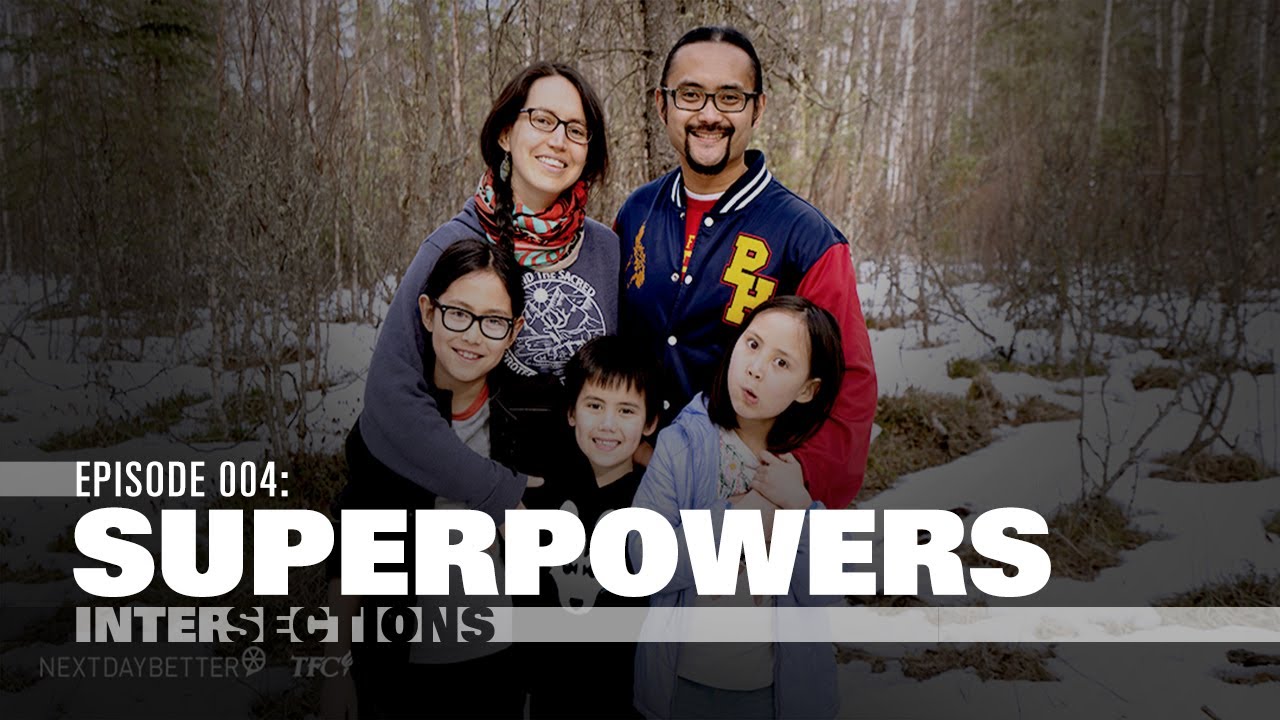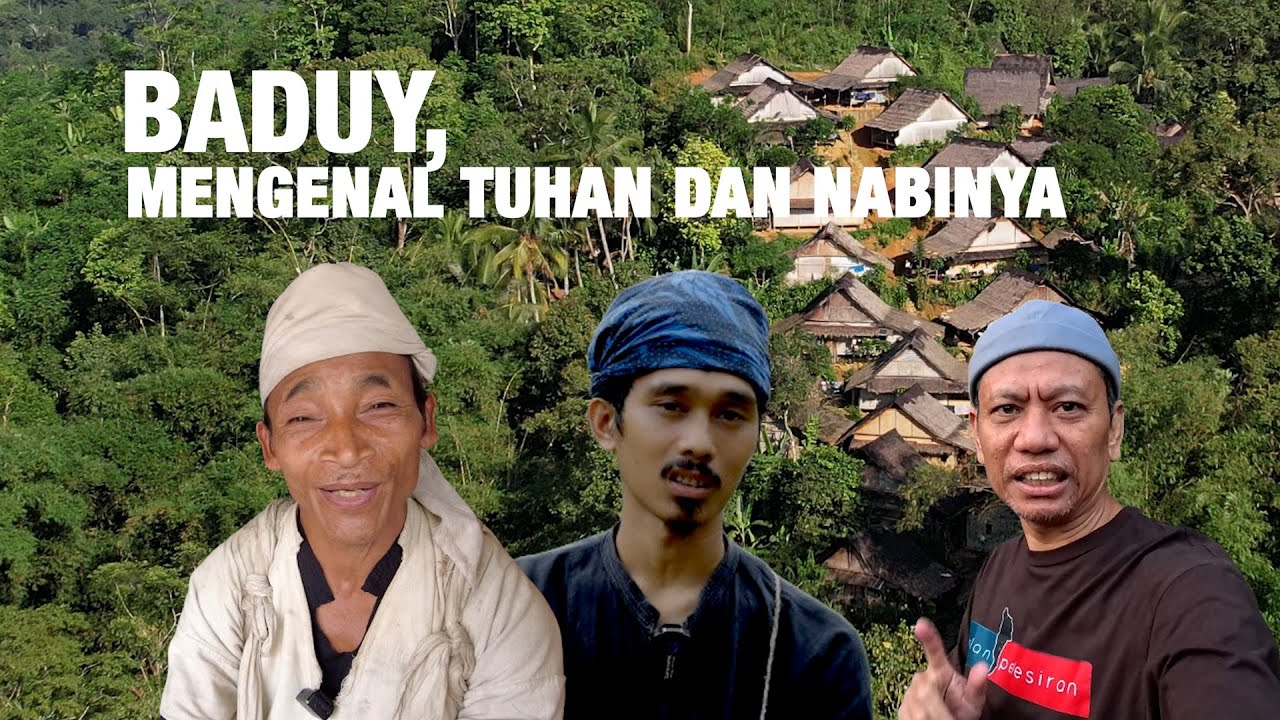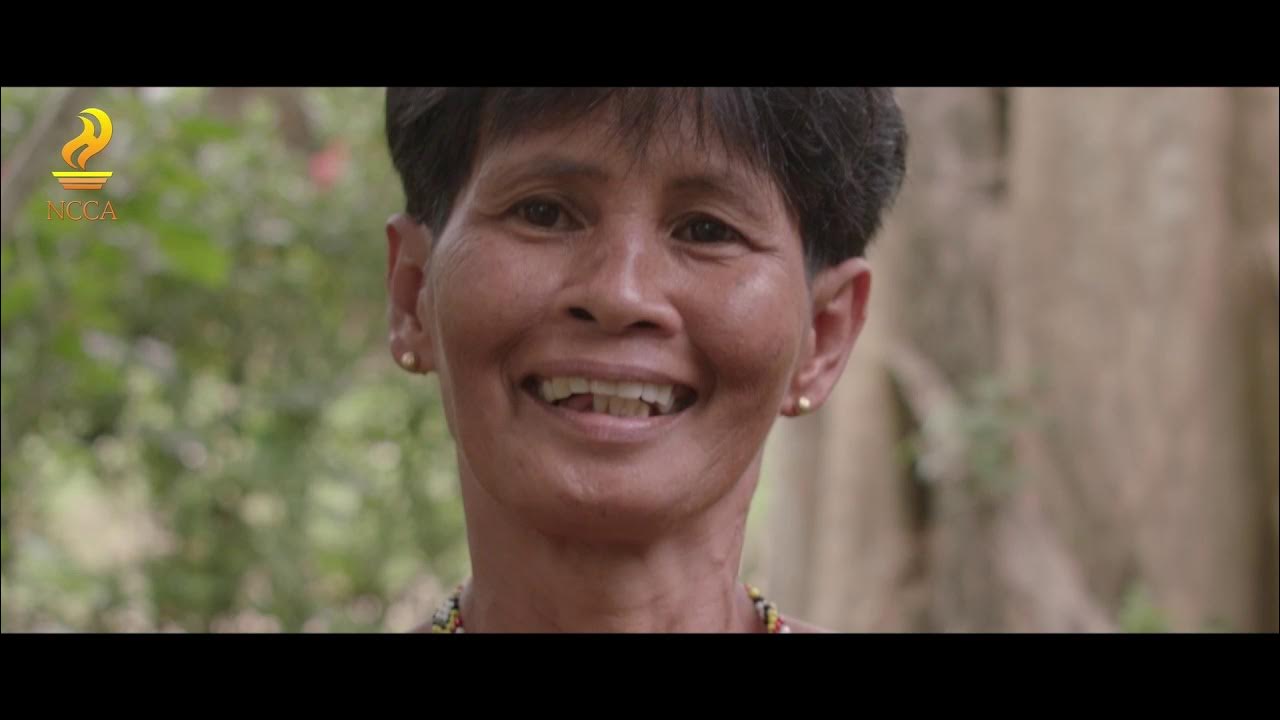Make Prayers to the Raven: The Passage of Gifts
Summary
TLDRThis script explores the traditional lifestyle and beliefs of the Koyukon Athabascan people living in Alaska's northern interior near the Arctic Circle. It delves into their deep connection with nature, viewing it as sacred and governed by ancestral spirits rather than a separate deity. The script narrates their hunting practices, respect for animals, and the importance of sharing and community in their culture. It also touches on the challenges of maintaining these traditions amidst modern influences like technology and western lifestyle.
Takeaways
- 🌿 The script introduces an ancient, unwritten belief system that emphasizes respect and proper behavior towards nature, which has been passed down through generations among the Koyukon people.
- 🐦 The concept of the 'Raven' is central to the Koyukon's worldview, with the belief that the natural world is sacred and interconnected, and that everything in nature possesses a spirit.
- 🏞️ The Koyukon people live in the vast forest country near the Arctic Circle, with eleven settlements along the Yukon River and its tributaries, showcasing a deep connection to their homeland.
- 🎣 The script describes the traditional lifestyle of the Koyukon, which includes hunting, trapping, and fishing as means of sustaining their community.
- 🔄 It emphasizes the importance of respecting animals and the environment, suggesting that this respect is crucial for the success of hunting and the well-being of the community.
- 👴 The elders play a vital role in preserving and transmitting the cultural knowledge and values to the younger generations, ensuring the continuation of their traditions.
- 📚 The script mentions the influence of modernity, such as snow machines and store-bought goods, on the Koyukon way of life, highlighting the balance between tradition and change.
- 🌱 The script discusses the concept of 'luck' in hunting, which is tied to a hunter's respect for and relationship with the animals they hunt.
- 🍲 Potlatches, or community feasts, are highlighted as important social events where food is shared, traditional knowledge is passed down, and community bonds are strengthened.
- 🌱 The script concludes with the idea that the Koyukon people's traditional lifestyle and respect for nature may offer valuable lessons for all people on how to live sustainably with the environment.
Q & A
What is the significance of the raven in the beliefs of the Koyukon people?
-The raven is considered a creator in the beliefs of the Koyukon people, similar to the role of God in Christian tradition. It is believed to have made the world and is seen as an ancestral figure that watches over the land and its people.
How are the Koyukon people related to the Athabascan family of people?
-The Koyukon people are part of the Athabascan family, a group of indigenous people whose homeland extends across the Northwest quarter of the continent.
What is the importance of respecting animals in Koyukon culture?
-In Koyukon culture, respecting animals is crucial as it is believed that animals will only give themselves to hunters who treat them with respect. Disrespect can lead to bad luck, making the animals 'invisible' to the hunter.
How do the Koyukon people's traditional ways of life impact the environment they live in?
-The Koyukon people's traditional ways of life have minimal impact on the environment. They avoid wasting resources and killing beyond need, which helps to preserve the natural beauty and wildness of their homeland.
What is a potlatch and why is it significant in Koyukon culture?
-A potlatch is a village feast where food is shared, and it is a significant social event in Koyukon culture. It serves to express gratitude, pass along traditional knowledge, and provide guidance for the younger generation.
How do the Koyukon people ensure the sustainability of natural resources like beavers?
-The Koyukon people ensure the sustainability of natural resources by practicing responsible hunting and trapping methods. For example, they leave smaller beavers as 'seed' after catching one or two from a beaver house, allowing the population to be trapped for decades.
What is the role of the elder in passing on traditional knowledge to the younger generation?
-Elders play a vital role in passing on traditional knowledge to the younger generation by teaching them about hunting, trapping, and respecting nature. They also provide guidance and share stories during social events like potlatches.
How does the Koyukon belief system view the natural world?
-The Koyukon belief system views the natural world as a network of interconnected spirits. Every part of nature, including the moon, stars, earth, snow, plants, and animals, is believed to have a spirit that can be easily offended.
What changes are affecting the traditional way of life for the people of the Koyukon?
-The traditional way of life for the Koyukon people is changing with the introduction of modern conveniences such as snow machines, store-bought clothing, chain saws, and canned goods.
Why is it important for a hunter to be humble and not boastful before a hunt according to Koyukon tradition?
-In Koyukon tradition, a hunter should be humble and not boastful before a hunt because animals can understand even hushed words. Boasting may alert the animals to the hunter's plans, making them 'invisible' and leading to unsuccessful hunts.
What is the significance of sharing food within the Koyukon community?
-Sharing food within the Koyukon community is a way of ensuring that everyone has enough to eat, especially during times of scarcity. It is also believed that the more food one gives away, the more luck and food will come back to them.
Outlines

このセクションは有料ユーザー限定です。 アクセスするには、アップグレードをお願いします。
今すぐアップグレードMindmap

このセクションは有料ユーザー限定です。 アクセスするには、アップグレードをお願いします。
今すぐアップグレードKeywords

このセクションは有料ユーザー限定です。 アクセスするには、アップグレードをお願いします。
今すぐアップグレードHighlights

このセクションは有料ユーザー限定です。 アクセスするには、アップグレードをお願いします。
今すぐアップグレードTranscripts

このセクションは有料ユーザー限定です。 アクセスするには、アップグレードをお願いします。
今すぐアップグレード関連動画をさらに表示

How a Filipino Raises his Kids with his Native Alaskan Wife

BADUY, Cara Ibadah Orang Baduy Mengenal Tuhan dan Nabinya

2x BMW M3 E92 VS. THE ARCTIC - INSANE STREETDRIFTS AND TANDEMS IN SNOW

Menguak Halimun Baduy; Film Seri Riset Etnografi Kesehatan Tahun 2014

Buhay na Buhay Season 2 - Episode 1: Kultura ng Pagdidiwata

Kehidupan dan Tradisi Suku Baduy
5.0 / 5 (0 votes)
